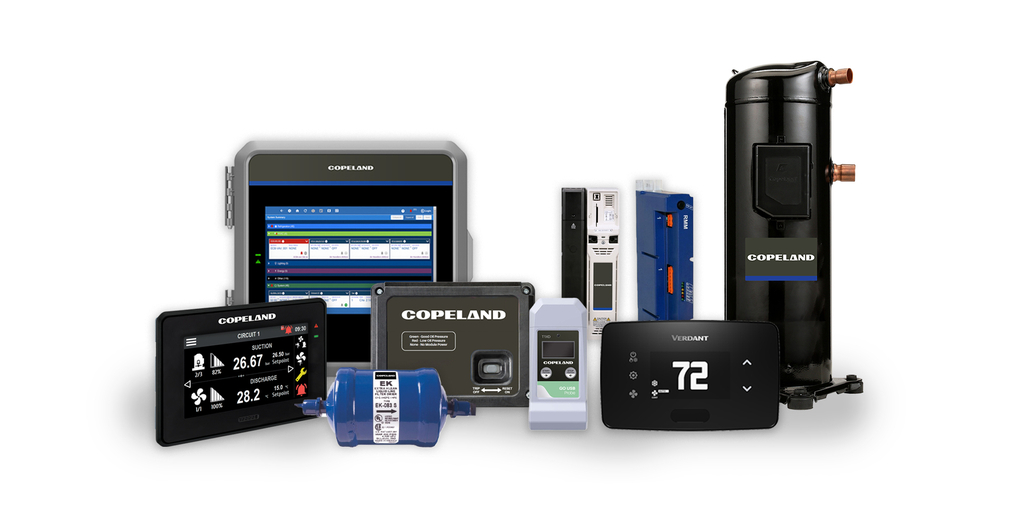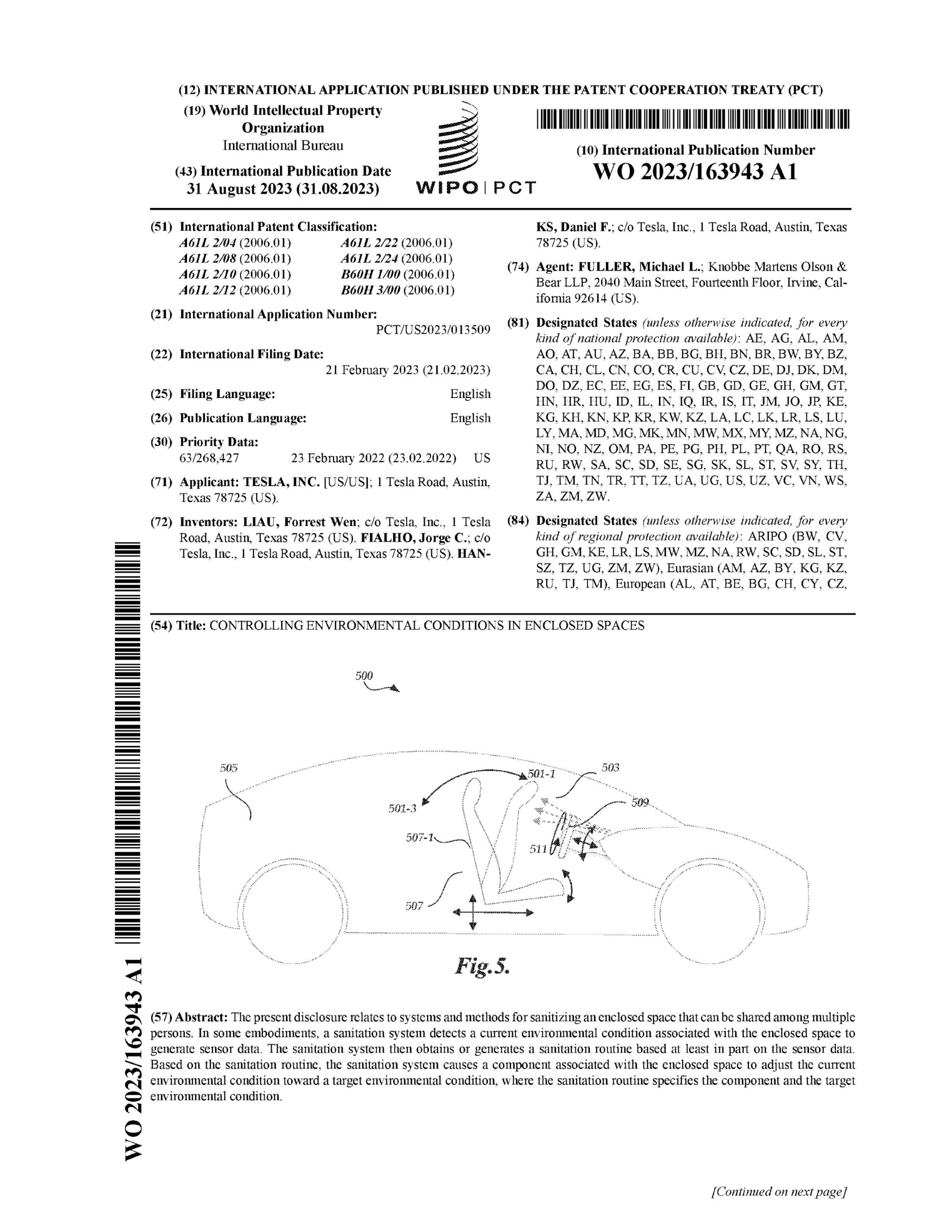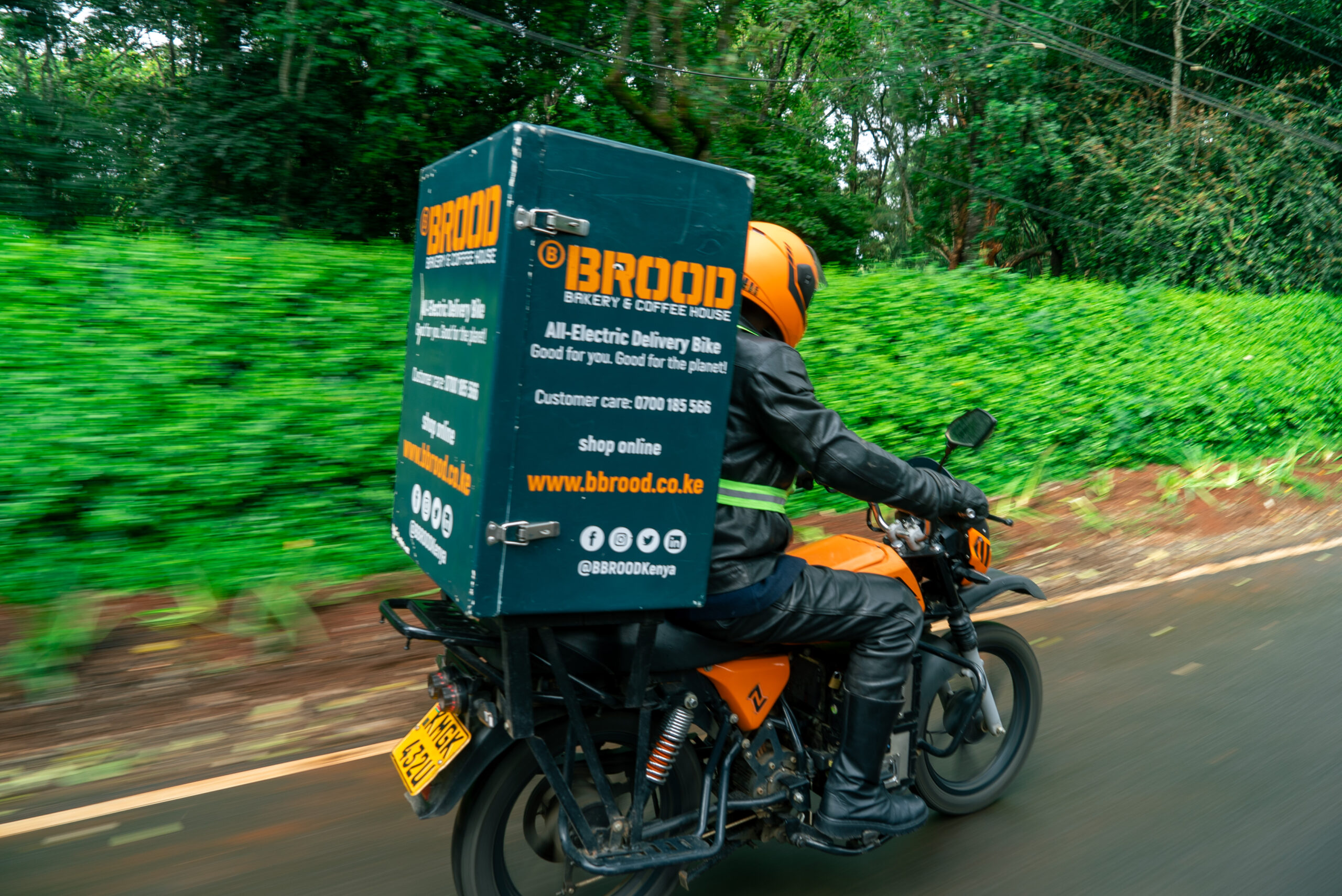Sign up for daily news updates from CleanTechnica on email. Or follow us on Google News!
Travelers Have Historically Had A Tough Time
Dodge City, Kansas, got its name from a time when things weren’t very friendly for travelers. By not friendly, I don’t mean you’d get weird looks or bad service at restaurants, or even tickets from speed traps run by corrupt cops. Back in the mid-19th century, it wasn’t uncommon for people traveling along the Santa Fe Trail to get their throats slit or get shot. The natives doing this had their reasons for doing this, of course, with the primary one being that people were trying to steal their lands (something you needed in order to eat in those days). But that’s cold comfort if you’re one of the ones getting killed, of course.
Eventually, the U.S. Army set up Fort Dodge, one of many forts along the Trail, to base troops out of to protect travelers and settlers. But by 1882, the war against the tribes was won (or lost, depending on what side of that one was on), a series of terrible atrocities were committed in the process of the final theft/conquering of land, and the trail was safe for travelers and settlers. So the fort shut down that year.
The Dodge name carried on, though. Over a decade earlier, a cattleman named Henry Sitler built the first sod house west of the fort, and his house became a stopping point for travelers. Access to water, safety from the nearby fort, a railroad that came through, and other factors made for a great place to do business and settle down, so Dodge City was born. The city became famous as the end of the line for cowboys driving cattle up from Texas to be loaded onto the trains, even becoming the “queen of cowtowns.”
With the business and people only passing through came a reputation for everything we call the Old West today. As basically the quintessential frontier settlement, it had saloons, brothels, bullfighting, and a number of famous gun fights. The town stayed dangerous for a long time, but the new danger was from fellow settlers and workers. The true stories were, of course, exaggerated for dime novels and later for TV shows and movies, and this even led to the coining of the idiom “get out of Dodge” (from Gunsmoke) that’s widely used to this day, sometimes said as “get the hell out of Dodge,” as hell used to be a dirty word people wouldn’t want to use in polite company.
When the cattle trade moved on (due to an anthrax quarantine zone extending past it), the town had to switch to better business and become a peaceful settlement to survive. But the town had one more period of rowdiness in the form of motorcycle races, including being the place where the term “hog” came from (one rider working for William Harley and Walter Davidson took a piglet to a race).
 Chip in a few dollars a month to help support independent cleantech coverage that helps to accelerate the cleantech revolution!
Chip in a few dollars a month to help support independent cleantech coverage that helps to accelerate the cleantech revolution!
Now, It’s Tough To Take An EV Through
Today, Dodge City is a fairly normal prairie town, with agriculture, meat packing, and small business being popular in that part of Kansas. It’s also a good place to revisit the history of the place, whether you’re there to check out the real history or the sensational version of it that was propagated by popular culture. Museums, western-themed tourist businesses, walking tours, and a business district with reconstructed Old West buildings all take advantage of the legend. The state even operates a casino nearby to capitalize on the rowdy reputation the town once had.
But, there’s one kind of traveler that will find the area a little unfriendly. No, they probably won’t kill you or challenge you to a duel. They probably won’t treat you poorly at any of the businesses, either. But, if you’re an EV driver, there’s a big problem: No fast charging!
When planning a trip to visit a number of national parks and historic sites in the future, I came across this sad fact. There’s really no good way to get through the area without stopping somewhere to Level 2 charge in the area, but none of the stations seem to be at hotels where you could sleep while you charge up. There is a Tesla destination charger in Dodge City itself, but it has bad reviews on Plugshare. One Kia dealer has a fast charger, but they don’t let the public use it.
So, the best option would be to stop in another town with a Level 2 charging station for a few hours to get through the area, or camp out at an RV park and charge there (assuming they’ll let you — call ahead!). Or, avoid the whole area and stick to the interstates, but that could add several hours or even a day to a trip in an EV when you’re on a route that would pass through there a lot faster.
Solving This Problem
One easy suggestion to make would be for the Kia dealer to at least let some people use its DC fast charger. I’m not sure whether it’s a good one or even really exists, as there are no images of it on Plugshare, so this may or may not solve the problem. But if it’s real and it’s a good unit, it could help some people.
The other thing that needs to happen for that whole quadrant of Kansas is to put in some DC fast charging! Fortunately, there are a couple coming. Some state money is supposed to add stations in Pratt and Garden City, but that will still leave some pretty big gaps along major highways for the area, like US-400 (an 0ddly-numbered road), US-54, and US-56.
Adding just a few more stations would vastly improve things, though. Dodge City, being right smack dab in the center of the dead zone, is in bad need of at least one station with a few stalls. Nearby Bucklin would also need one to serve US-54 to let people get into Oklahoma easily. Great Bend and Scott City would probably be good gaps to fill after that.
Eventually most if not all towns will need at least some fast charging, so there’s a lot of work to do and a lot of opportunity for people to profit from them.
Featured image: a screenshot from Plugshare.com showing the “Dodge City Dead Zone.”
Have a tip for CleanTechnica? Want to advertise? Want to suggest a guest for our CleanTech Talk podcast? Contact us here.
Latest CleanTechnica TV Video
CleanTechnica uses affiliate links. See our policy here.





